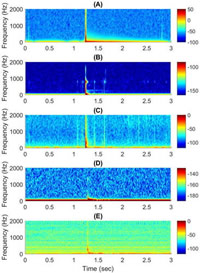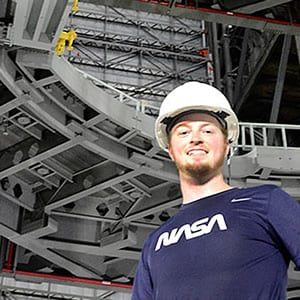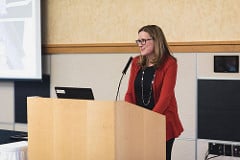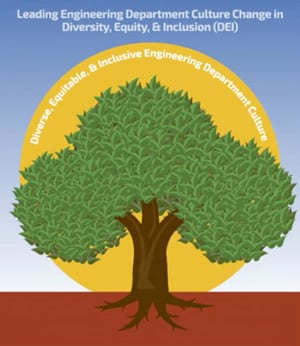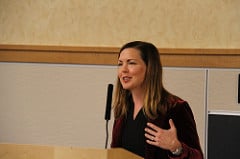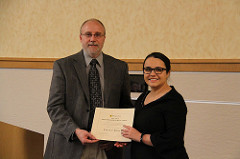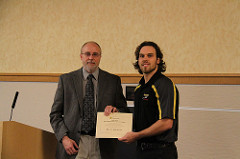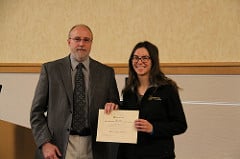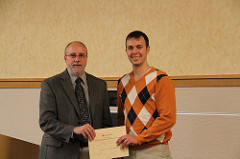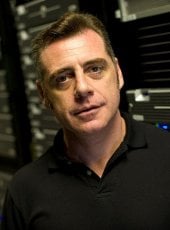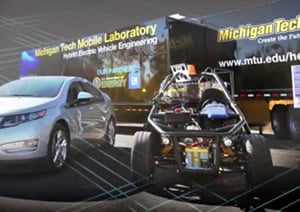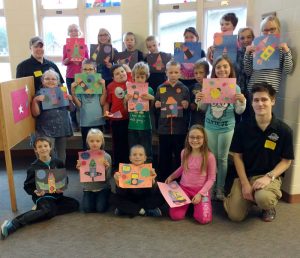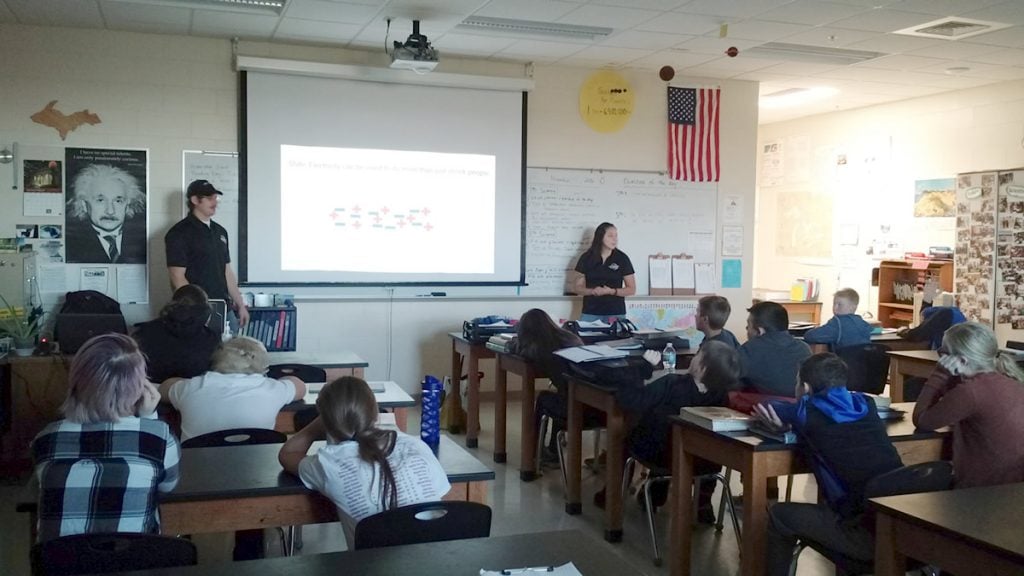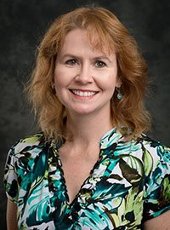
Nancy Barr (MEEM) presented at the International Writing Across the Curriculum Conference 2018 on the campus of Auburn University in Alabama, June 4-6. Her presentation, “Connecting the Dots: Engineering Students Connect Concepts via Reflective Essays,” focused on an effort to incorporate reflective portfolios into the undergraduate degree program. Barr is the founding director of the Engineering Communications Program in the Department of Mechanical Engineering-Engineering Mechanics.
The conference theme, “Making Connections,” emphasizes how writing across the curriculum fosters connections within and across institutions and programs, between people and positions, and among ideas and practices.
